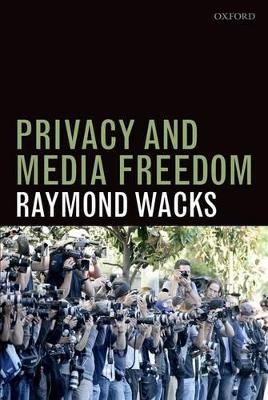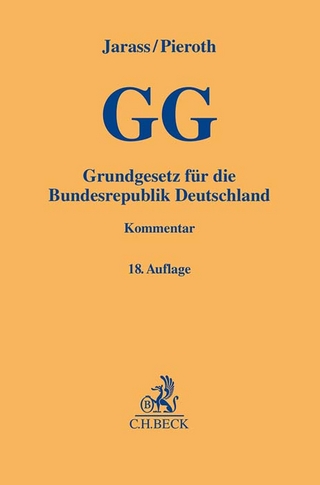
Privacy and Media Freedom
Oxford University Press (Verlag)
978-0-19-966866-3 (ISBN)
Freedom of expression is a fundamental right at the heart of any democratic society. It is, however, inevitably restricted by other important values, including the right to privacy: the control individuals exercise over their sensitive personal information. The English law, since the enactment of the Human Rights Act 1998, has undergone a tectonic shift in its recognition of this right protected by Article 8 of the European Convention on Human Rights (ECHR) which the Act assimilated into domestic law. The new civil wrong, 'misuse of private information,' now affords greater protection to an individual's 'private and family life, home and correspondence.'
The press is, of course, no longer the principal purveyor of news and information. The Internet offers abundant opportunities for the dissemination of news and opinions, including the publication of intimate, private facts. Social media, blogs, and other online sites are accessible to all. Indeed, the fragility of privacy online has led some to conclude that it is no longer capable of legal protection.
This book examines the right of privacy from a legal, philosophical, and social perspective, tracing its genesis in the United States, through the development of the law of confidence, and its recent recognition by the Human Rights Act. The English courts have boldly sought to offer refuge from an increasingly intrusive media. Recent years have witnessed a deluge of civil suits by celebrities seeking to salvage what remains of their privacy. An extensive body of case law has appeared in many common law jurisdictions over the last decade, which shows no sign of abating.
The Leveson Inquiry into the culture, practices, and ethics of the press, sparked by the hacking of telephones by newspapers, revealed a greater degree of media intrusion than was previously evident. Its conclusions and recommendations, particularly regarding the regulation of the media, are examined, as well as the various remedies available to victims of intrusion and unsolicited publicity.
The law is locked in a struggle to reconcile privacy and free speech, in the face of relentless advances in technology. The manner in which courts in various jurisdictions have attempted to resolve this conflict is critically investigated, and the prospects for the protection of privacy are considered.
Raymond Wacks is Emeritus Professor of Law and Legal Theory. He has published numerous articles on various aspects of law and jurisprudence in leading scholarly journals and his books include Understanding Jurisprudence: An Introduction to Legal Theory (3rd ed, 2012), Philosophy of Law: A Very Short Introduction (2006), and Law: A Very Short Introduction (2008). Professor Wacks has been a leading authority on the legal protection of privacy for almost four decades. His major works in this field are The Protection of Privacy, the first book on the subject in England (1980); Personal Information: Privacy and the Law (1989); Privacy, a two-volume collection of essays (1993); Privacy and Press Freedom (1995) and Privacy: A Very Short Introduction (2010). Professor Wacks is a former chairman of the privacy committee of the Law Reform Commission of Hong Kong, and was a member of the statutory Personal Data (Privacy) Advisory Committee.
1. The Pursuit of Privacy ; 2. Freedom to Express What? ; 3. The Genesis ; 4. The New Order ; 5. Striking a Balance ; 6. Media Misconduct ; 7. Remedies ; 8. Problems and Prospects
| Verlagsort | Oxford |
|---|---|
| Sprache | englisch |
| Maße | 162 x 234 mm |
| Gewicht | 472 g |
| Themenwelt | Recht / Steuern ► EU / Internationales Recht |
| Recht / Steuern ► Öffentliches Recht ► Verfassungsrecht | |
| Recht / Steuern ► Privatrecht / Bürgerliches Recht ► Medienrecht | |
| Sozialwissenschaften ► Kommunikation / Medien | |
| Sozialwissenschaften ► Politik / Verwaltung | |
| ISBN-10 | 0-19-966866-3 / 0199668663 |
| ISBN-13 | 978-0-19-966866-3 / 9780199668663 |
| Zustand | Neuware |
| Haben Sie eine Frage zum Produkt? |
aus dem Bereich


